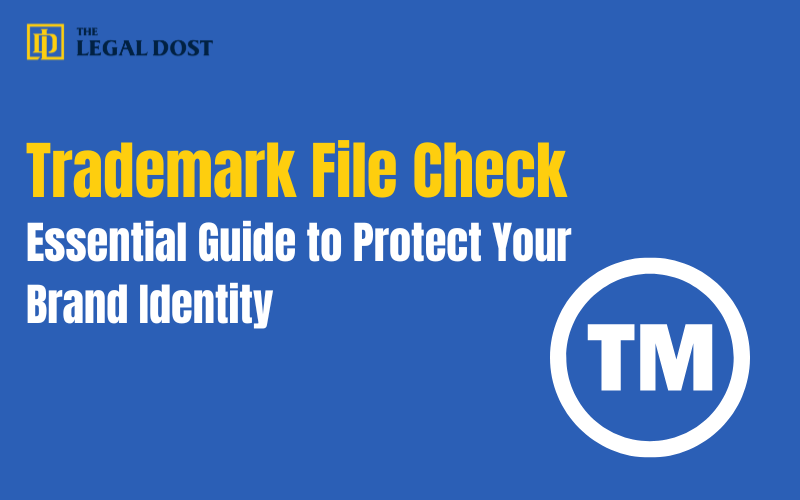In today’s competitive market, protecting your brand is more important than ever. A trademark registration safeguards your brand name, logo, or slogan, preventing others from using it. But before you apply for trademark registration, conducting a Trademark File Check is a critical step to ensure a smooth approval process.
At Proffsnail, we offer professional trademark search and trademark file check services to help businesses protect their intellectual property effectively.
What is a Trademark File Check?
A Trademark File Check (also known as a trademark search) involves a thorough examination of existing trademarks to identify any identical or similar marks registered in the official trademark database. This check helps businesses avoid conflicts with existing trademarks and reduce the risk of application rejection.
Why is Trademark File Check Important for Your Business?
Avoid Trademark Application Rejection: Trademark offices reject applications that clash with existing trademarks. A detailed file check reduces the chances of refusal.
Save Time and Money: Avoid costly legal disputes and application fees by ensuring your trademark is unique.
Analyze Competitors: Understand your competitors’ trademarks to position your brand strategically.
Prevent Trademark Infringement: Protect yourself from lawsuits by verifying your trademark doesn’t infringe on others’ rights.
How Proffsnail’s Trademark File Check Works
Our trademark search process is comprehensive and tailored to your business needs:
Detailed Trademark Database Search: We scan the trademark registry for exact and similar trademarks.
Class-wise Trademark Analysis: Trademarks are registered under specific classes of goods and services; we analyze all relevant classes.
Similarity and Conflicts Report: We assess visual, phonetic, and conceptual similarities and provide a detailed report.
Expert Guidance: Based on the search results, we advise you on the best course of action.
Official Trademark Search Websites
For businesses looking to perform an initial self-check, the official government trademark portals provide reliable databases:
India: Visit the Controller General of Patents, Designs & Trademarks (CGPDTM) website to access the Trademark Public Search tool.
United States: Use the United States Patent and Trademark Office (USPTO) Trademark Electronic Search System (TESS) for a free search.
European Union: Check the European Union Intellectual Property Office (EUIPO) database.
These portals allow you to check for registered and pending trademarks to help you make informed decisions.
When Should You Conduct a Trademark File Check?
It’s best to conduct a trademark search and file check before filing your trademark application. Early checking helps you avoid rejection and legal issues, saving both time and resources.
Why Choose Proffsnail for Your Trademark File Check?
Expert Trademark Professionals: Experienced in handling trademark searches across industries.
Accurate and Fast Results: We provide reliable, up-to-date information with quick turnaround.
Customized Trademark Solutions: Tailored advice to fit your unique business needs.
The Reverse Charge Mechanism (RCM) is a tax collection method under GST where the recipient of goods or services, instead of the supplier, is responsible for paying the GST directly to the government.
RCM applies to transactions such as legal services, goods transport agencies (GTA), e-commerce operators for certain transactions, import of services, and purchases from unregistered suppliers.
Yes, businesses can claim ITC on RCM payments. They must first pay the GST liability, report it in GSTR-3B, and then claim ITC in the subsequent eligible return.
Under RCM, businesses must pay GST upfront, which can create short-term cash flow constraints. However, they can later claim ITC to offset this cost.
Businesses must issue self-invoices, pay GST on applicable transactions, report RCM transactions in GSTR-1 and GSTR-3B, and maintain digital records as per updated compliance standards.
Failure to comply with RCM regulations can lead to higher penalties, interest on unpaid tax, and stricter audits as per the revised GST laws in 2025.
Key updates include expanded coverage of digital and gig economy services, automated verification for RCM payments, stricter penalties for non-compliance, and simplified ITC claim processes.


